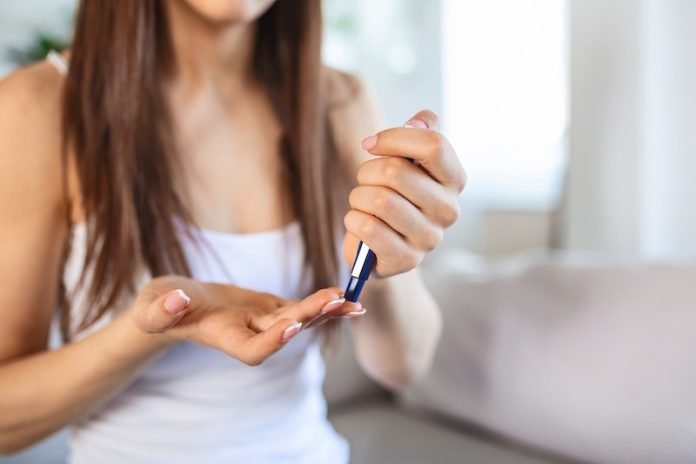
Piqray (alpelisib) is a revolutionary drug offering hope to advanced breast cancer patients, specifically those with tumors expressing the PIK3CA mutation, hormone receptor-positive and HER2-negative variants, found in about 40% of breast cancers.
However, recent research emphasizes the drug’s pronounced impact on blood sugar levels, with over 80% of users in a study experiencing hyperglycemia, and about 40% encountering severe cases.
Dr. Neil Iyengar, a co-author of the study and a medical oncologist at Memorial Sloan Kettering Cancer Center, elucidates that while the drug’s efficacy is undisputed, its induced high blood sugar levels can paradoxically reduce its effectiveness.
The majority of the users in the study developed elevated blood sugar within 16 days of initiating the medication, notably more among those with pre-existing elevated hemoglobin A1c levels.
However, the occurrences of high blood sugar were lower in clinical trial participants due to closer monitoring and generally healthier profiles.
The study reveals that elevated blood sugar in patients can be preemptively managed with lifestyle modifications, proper monitoring, and medications like metformin, reducing the risk of hyperglycemia by nearly 80%.
Even with the highlighted glucose-related concerns, medical practitioners, including Dr. Natalie Klar from NYU Langone Cancer Center, assert the importance of Piqray due to its significant benefits for a specific patient group, stressing the necessity for patients’ awareness and counseling about potential elevated blood sugar levels and diabetes development while on this medication.
While Piqray is currently the only FDA-approved PI3K inhibitor, several others are under clinical trials, yet their efficacy in comparison and potential side effects remain unknown.
The drug’s manufacturer, Novartis, has stated that doctors are becoming adept at optimizing blood sugar levels before commencing treatment with Piqray, including implementing blood sugar monitoring, lifestyle counseling, and administering blood sugar control medications when necessary.
For more information about nutrition, please see recent studies that blackcurrants can reduce blood sugar after meal and results showing how drinking milk affects risks of heart disease and cancer.
For more information about diabetes, please see recent studies about the cause of largest increase in type 2 diabetes risk, and results showing this eating habit may reduce diabetes-related high blood pressure.
The research findings can be found in Cancer.
Follow us on Twitter for more articles about this topic.
Copyright © 2023 Knowridge Science Report. All rights reserved.



